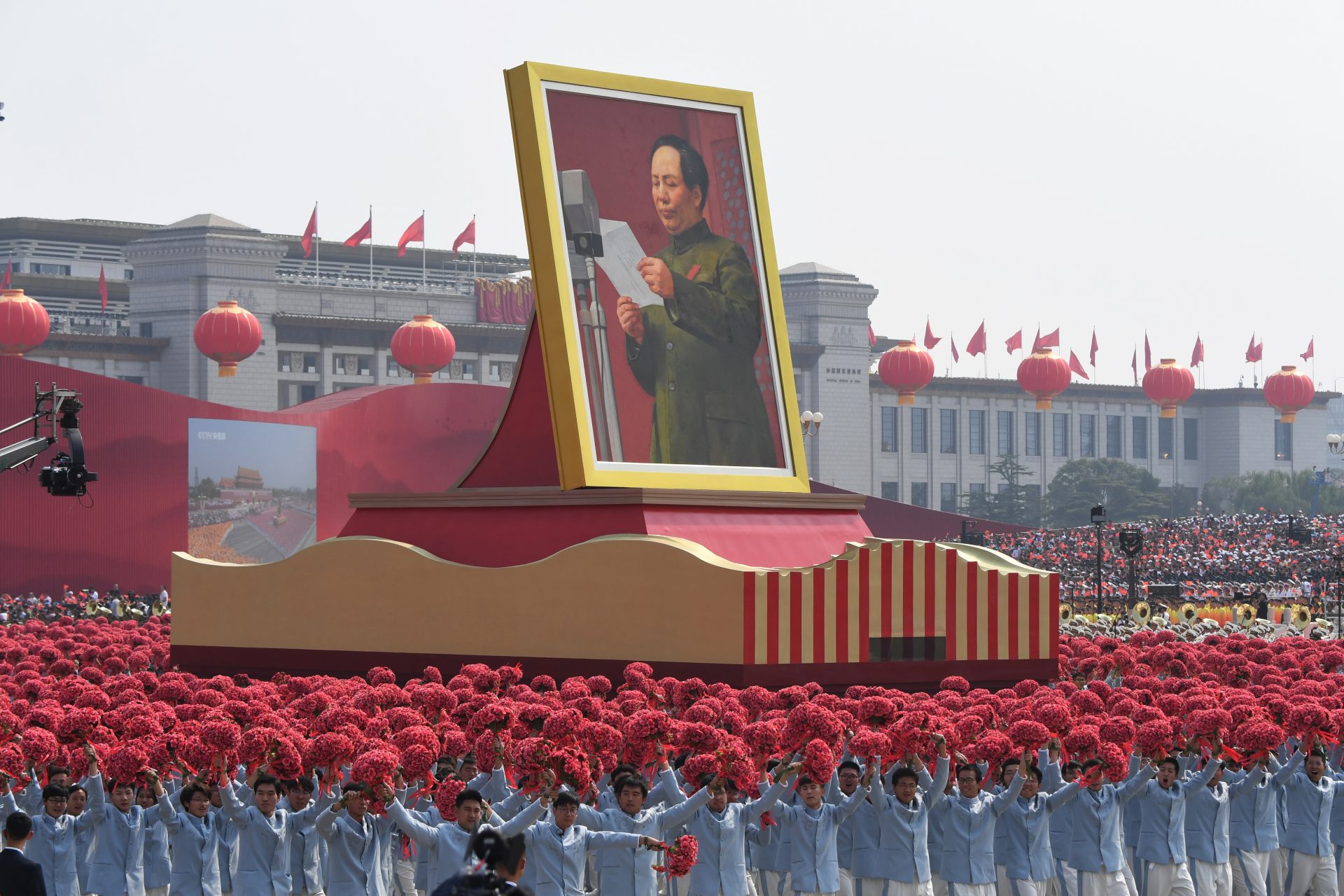Rights advocates and kin of the victims of the 1989 mass slaughter have challenged President Xi Jinping to take responsibility for the atrocities of the Chinese government ahead of the 34th year of the Tiananmen massacre.
In a Radio Free Asia (RFA) report, You Weijie, the spokesperson of the group Tiananmen Mothers, said the present Chinese regime “may believe that they had nothing to do with the order to open fire [on unarmed civilians] back then, but … it was still done by the party in power, the Communist Party.”
Public commemoration of the massacre is banned in mainland China. In Hongkong, the annual candlelight vigil that used to mark the anniversary has fallen silent after rights advocates were imprisoned under a draconian national security law that was used to attack dissenters.
Authorities in China typically place dozens of pro-democracy activists and dissidents under house arrest or other forms of restriction ahead of the politically sensitive date, while members of the Tiananmen Mothers are taken to make offerings to their loved ones under police escort.
You told RFA that the number of living relatives of people killed in the 1989 massacre – under the order of then Chinese revisionist leader Deng Xiaoping – dwindles every year.
For decades, the families of the victims have been seeking justice and urging the government to hold the culprits accountable. They are also asking for compensation for the loss of lives.
You said more than 70 relatives of victims have died since the group was set up, including seven during the past year alone.
She said the government has been evading responsibility for the atrocity. “We are sincere in seeking dialogue with the government… We won’t give up on this,” she said.
On the Facebook page of Tiananmen Mother, Zhang Jingli, who lost her 26-year-old husband Liu Yongliang in the 1989 massacre expressed her dismay over the lack of official accountability for the violence.
“In the 30 long years that have elapsed, I have been able to bear life’s difficulties, but I have nowhere to talk about my pain – that psychological pain has always been with me,” Zhang wrote.
“How could fully armed soldiers and tanks with live ammunition shoot at unarmed students and citizens on the streets of Beijing and in Tiananmen Square?” she said.
Recently, a human rights group in South Korea honored jailed Hong Kong barrister and former Tiananmen vigil organizer Chow Hang-tung with its 2023 Gwangju Human Rights Award.
Chow is currently serving a 15-month sentence for “inciting” people to hold a vigil for the victims of the 1989 Tiananmen massacre.
She also stands accused of “incitement to subvert state power,” with the prosecution claiming that she and the Hong Kong Alliance in Support of Patriotic Democratic Movements of China used the now-banned vigils to incite the overthrow of the Chinese government.
Another jailed rights activist in Hongkong has called on the Chinese people to fast on the anniversary of the 1989 massacre to honor the victims.
From his prison cell, Xu Zhiyong appealed to citizens to keep up the fight for freedom and democracy. “I have fasted for a day on June 4 every year over the past decade, in prison and outside,” Xu said in a letter.
The mention of the 1989 bloodshed in social media and other sites is blocked, filtered, or deleted by the Great Firewall of government internet censorship.
Xu Guang, a former student leader of the 1989 protest movement at Hangzhou University, stood trial in the eastern province of Zhejiang in April for “picking quarrels and stirring up trouble,” a charge frequently used to target peaceful critics of the ruling Chinese Communist Party, after he refused food and drink in detention to commemorate the Tiananmen massacre.
According to Xu Zhiyong, fasting on the massacre anniversary should become more widespread, despite the risks.
“Fasting isn’t just a personal thing — it should awaken people, rebuild the national character, and create a new national spirit,” Xu wrote.
“We should make it a public affair, and work together to awaken the [Chinese] people.”
Xu also appeared to warn of potential retaliation against himself following his letter.
“I may fall silent for some time after this,” he said. “When I disappear into the darkness, please continue to work hard as citizens, and fight for universal suffrage and freedom of speech.”
Xu said he remains optimistic that such action will work.
“Faced with this darkness, I firmly believe that the dawn will come,” he said, adding that fasting – with reports from Radio Free Asia
